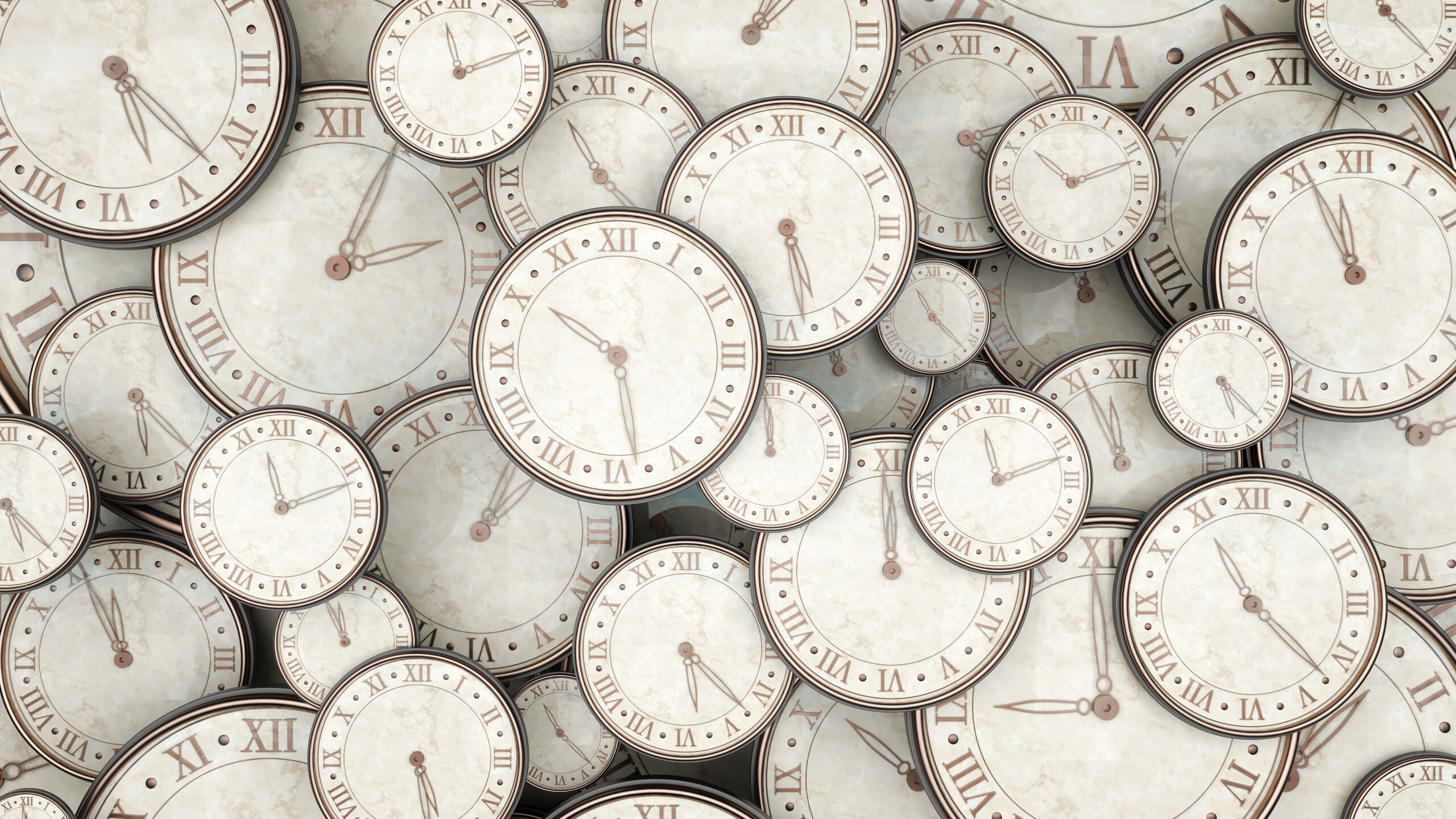The adage, “You’re only as old as you feel,” is perhaps truer than we might believe, and our genes, as well as our lifestyle, can play a significant role in determining our biological age.
Chronological age is the number of years we have been alive but our biological age offers a more true picture of our risk for developing chronic illness such as heart disease and even how long we will live.
Biological age measures the age at which your body functions compared with an average health and fitness level. According to a recent CNN Health report, our biological age is influenced by what we eat, how much we exercise, any toxins we may be exposed to, how much sleep we get as well as our genetic makeup.
By using a standard blood test result entered into an algorithm, developed by researchers at Yale Medical School, doctors can help patients identify lifestyle changes that could improve their biological age. People with a lower biological age than their chronological age have a lower mortality rate but those whose biological age is older than their true age have an increased risk for chronic illness and premature death.
By taking a test to determine biological age, middle-aged adults can make lifestyle changes that will help prevent disease and preserve healthy cognition and physical function into old age. The research team at Yale is currently developing online access to their algorithm so that anyone can calculate their biological age, identify risk factors and start making positive health changes that can improve quality of life in older age.
And as we live longer chronological years, it’s by far more desirable to live those years in good health, able to remain independent and active. And much of our well-being in older age has to do our lifestyle and how old we feel. As biological age decreases with a healthy diet, regular exercise, not smoking and staying physically active and socially engaged, chronological age lengthens.
Learn more about biological aging by following this link to Levine and Crimmins’ research article; Is 60 the New 50? Examining Changes in Biological Age Over the Past Two Decades.






Add Your Voice
0 Comments
Join the Discussion